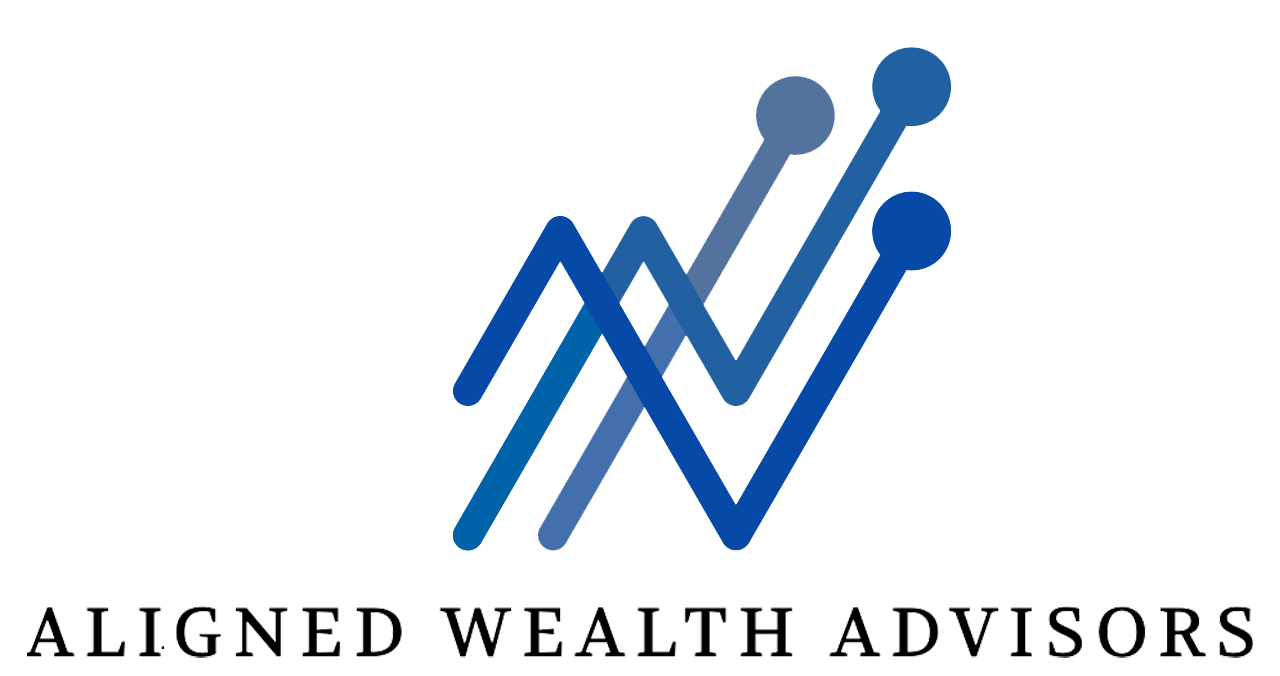The Importance of Financial Check-Ups: Regular Reviews for Success

In today's fast-paced world, the importance of financial check-ups cannot be overstated. Just as we schedule regular health check-ups to ensure our physical well-being, conducting periodic financial reviews is essential for maintaining financial stability, addressing changes, and optimizing your financial strategy.
At
Aligned Wealth Advisors, we emphasize the significance of these reviews to help individuals and businesses navigate their financial journeys effectively.
Why Regular Financial Reviews Matter
Regular financial reviews serve as a comprehensive snapshot of your financial health. They allow you to monitor your income, expenses, investments, and overall financial goals.
This proactive approach helps you stay aligned with your objectives while adapting to any life changes or economic shifts that may arise.
Key Benefits of Financial Check-Ups
Enhanced Budget Management
One of the primary benefits of regular financial reviews is improved budget management. By consistently tracking your income and expenditures, you can ensure that your spending aligns with your budgeting goals. This process helps identify areas where you can cut costs and save more effectively.
Early Identification of Financial Issues
Regular reviews enable you to spot potential financial problems before they escalate. Whether it’s an unexpected expense or a drop in income, identifying issues early allows you to take proactive measures to address them.
Goal Setting and Adjustment
Life is dynamic, and so are your financial goals. Regular reviews help set realistic objectives and adjust them as needed based on changing circumstances—be it a new job, marriage, or the birth of a child.
Peace of Mind
Knowing where you stand financially can alleviate stress. Regular check-ups provide clarity and control over your finances, allowing you to make informed decisions confidently.
How to Conduct Effective Financial Reviews
To maximize the benefits of financial check-ups, consider implementing the following strategies:
- Schedule Regular Reviews:
Aim for at least bi-annual reviews, but quarterly sessions may be more beneficial during significant life changes or economic shifts. - Review All Aspects of Your Finances:
Examine your income sources, expenses, debts, investments, and savings plans. This comprehensive approach ensures that no area is overlooked. - Set Specific Goals:
Define clear financial goals for both the short-term and long-term. This could include saving for a home, planning for retirement, or building an emergency fund. - Seek Professional Guidance:
Engaging with a financial advisor can enhance the effectiveness of your reviews. Professionals can provide valuable insights and help you navigate complex financial landscapes.
Real-Life Examples of Financial Check-Ups in Action
Example 1: Sarah's Small Business Success
Sarah, a small business owner, conducts quarterly financial reviews. After noticing a decline in her profit margins during one review, she identified excessive spending on supplies that could be reduced without compromising quality. By adjusting her budget accordingly, she improved her profitability significantly.
Example 2: Mike and Lisa's Retirement Planning
Mike and Lisa, a couple planning for retirement, realized during their annual review that they hadn’t been contributing enough to their retirement accounts. With professional guidance from Aligned Wealth Advisors, they adjusted their contributions and set up automatic transfers to ensure they stay on track for their retirement goals.
The Role of Technology in Financial Reviews
In today’s digital age, leveraging technology can streamline the review process. Various apps and software programs can help track expenses, manage budgets, and even provide insights into investment performance. By utilizing these tools, you can enhance the accuracy and efficiency of your financial check-ups.
Conclusion
Regular financial reviews are not just a good practice; they are essential for achieving long-term success in managing your finances. They help maintain stability amidst change while optimizing your overall financial strategy.
At Aligned Wealth Advisors, we believe that proactive management through regular check-ups empowers individuals and businesses alike to take control of their financial futures confidently.
Whether you're just starting on your financial journey or looking to refine an established strategy, incorporating regular reviews into your routine will pay dividends in the long run.
Don't wait until it's too late—schedule your next financial check-up today!
Andrea Ward, CPA
Andrea has worked in the finance industry for nearly all of her professional life. Taking over the family business she continues to combine her tax and investment knowledge to leverage the investment power of money while reducing gains taxes paid to the IRS. She lives in the Fort Worth, Texas area, (although is happy to work with virtual clients all over the United States!) Andrea loves to travel and dabble in home decorating.
Matt Ward
Matt began helping clients in the insurance industry. However, he struggled with big business’s emphasis on selling rather than helping, so he came to work with the family business focusing on investment advisory. In his free time, he shreds the gnar on his snowboard and jams on drums and guitar (but not at the same time).




